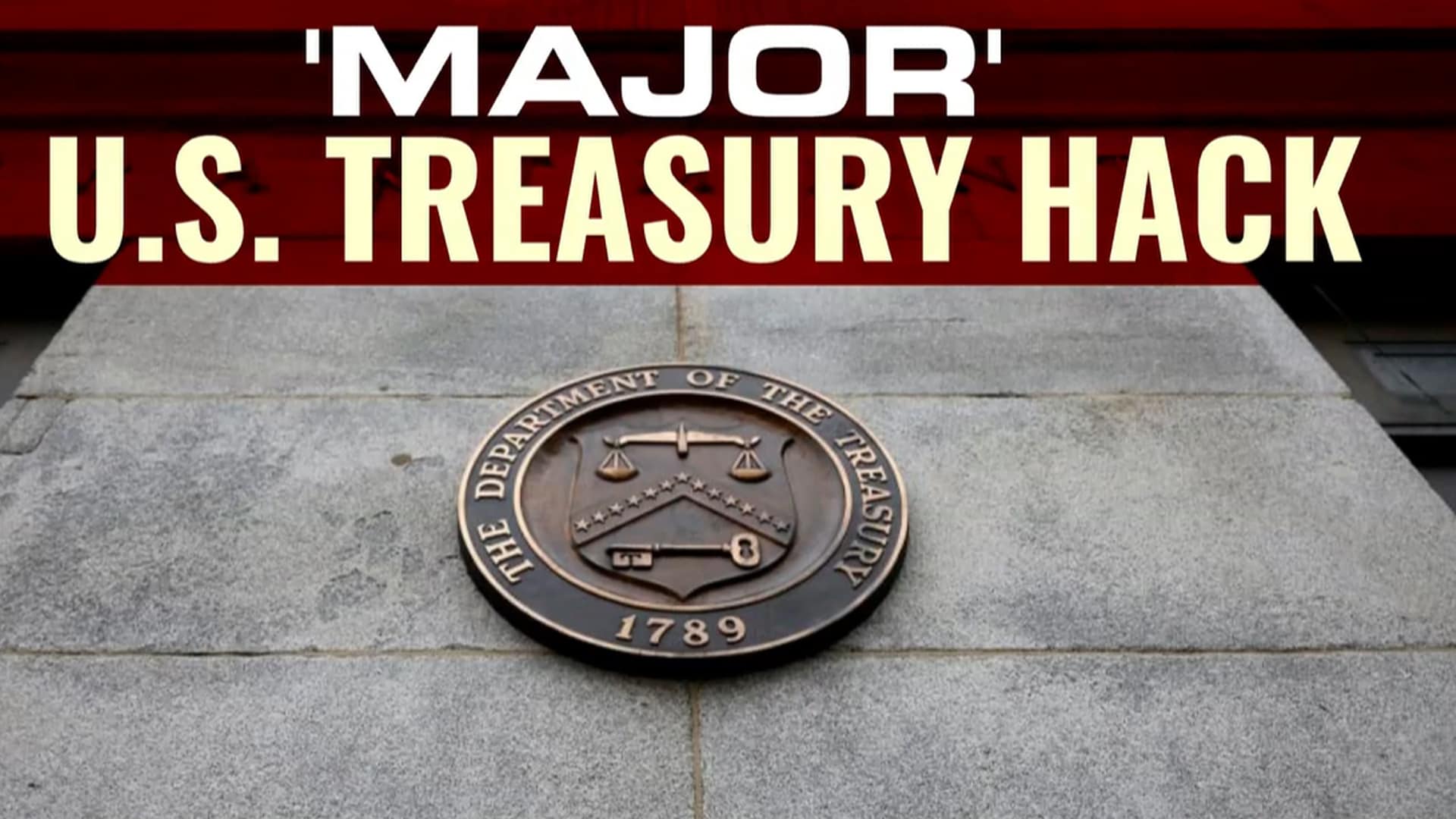- Chinese state-sponsored hackers breached the U.S. Treasury via a vulnerability in BeyondTrust software, gaining access to unclassified documents. Wired.com
- The attackers used a stolen API key to override security systems and remotely access workstations. Nypost.com
- Treasury has classified the breach as a "major cybersecurity incident" and is investigating with the FBI, CISA, and other partners. Thetimes.co.uk
- China has denied involvement, calling the accusations "groundless" and lacking evidence. Apnews.com
- BeyondTrust confirmed the breach, stating that the compromised service has been taken offline and affected customers notified. Reuters.com
This perspective focuses on the breach as a significant cybersecurity failure that highlights vulnerabilities in critical U.S. infrastructure. The incident serves as a wake-up call for the need to strengthen protections against state-sponsored cyber threats. The exploitation of a third-party vendor underscores the risks associated with software supply chains and the importance of proactive measures to safeguard sensitive government data.
This perspective views the breach as part of a broader Chinese espionage strategy targeting U.S. institutions. The hack is interpreted as an attempt by Beijing to access financial and strategic data that could provide an advantage in global economic and political competition. The attribution to a state-sponsored actor reinforces concerns about China's persistent and sophisticated cyber-operations aimed at undermining U.S. security.
From this perspective, the incident is seen as an example of the U.S. making accusations against China without concrete evidence. Beijing's denial of involvement and claims of 'groundless' allegations suggest the event may be used as a political tool to escalate tensions between the two nations. This viewpoint emphasizes the importance of international collaboration to address cyber threats rather than assigning blame without full transparency.
Details
Analysis
Bias

Reactions
The article highlights the breach as a 'major cybersecurity incident' and extensively details the methods used by hackers, framing it as indicative of broader risks from Chinese cyber actors. For example, it mentions the persistent nature of Chinese APT groups and underscores the need for stronger defenses, framing the incident as emblematic of larger systemic issues.
Read full article

The article underscores the breach as a 'major incident' and connects it to ongoing Chinese espionage activities, presenting these actions as deliberate and calculated threats to the U.S. government and critical infrastructure.
Read full article

The article connects the Treasury breach to past cyber espionage campaigns, framing it as part of a persistent and strategic effort by China to undermine U.S. infrastructure and security.
Read full article
The article connects the Treasury breach to a pattern of Chinese cyber campaigns, describing these efforts as strategic threats to U.S. national security and global cybersecurity.
Read full article
Negative
Sentiment
The article outlines the breach's timeline and technical details but also highlights China's rejection of the accusations, ensuring a more balanced presentation.
Read full article

The article emphasizes the incident's classification as a 'major cybersecurity incident' but also includes China's rebuttal, maintaining an even-handed tone throughout.
Read full article

The article provides a thorough account of the incident, emphasizing the investigative response and technical details, while refraining from speculation or strong language.
Read full article
The article highlights the breach's technical details and investigative response, framing it as a broader cybersecurity challenge without emphasizing blame or support for either party.
Read full article
Neutral
Sentiment

The article focuses on China's denial of involvement, describing the allegations as a 'spread of false information' against China for political purposes.
Read full article

The article highlights China's calls for evidence and frames the U.S. accusations as part of a political agenda, portraying China as a victim of misinformation.
Read full article
Positive
Sentiment


